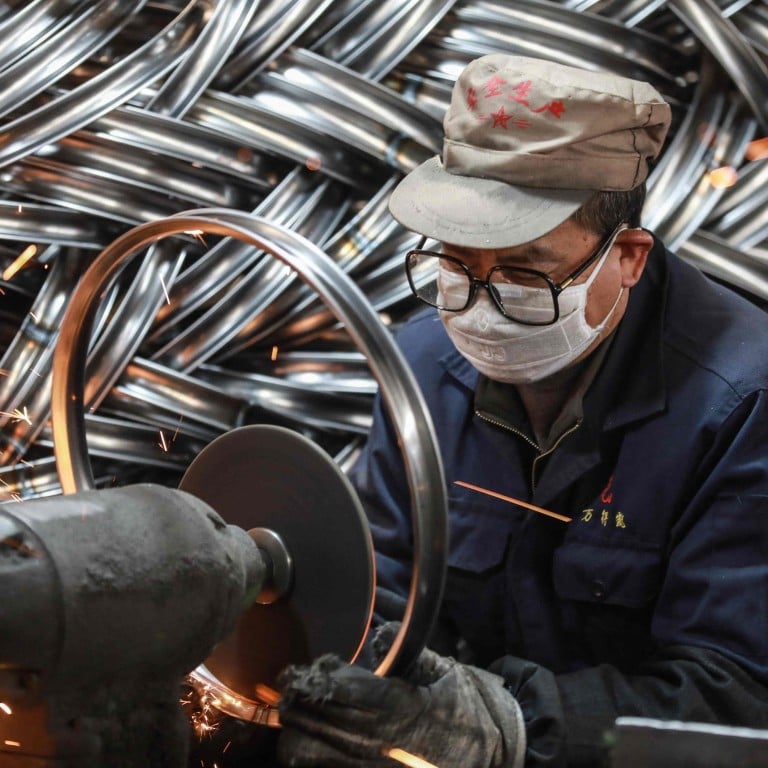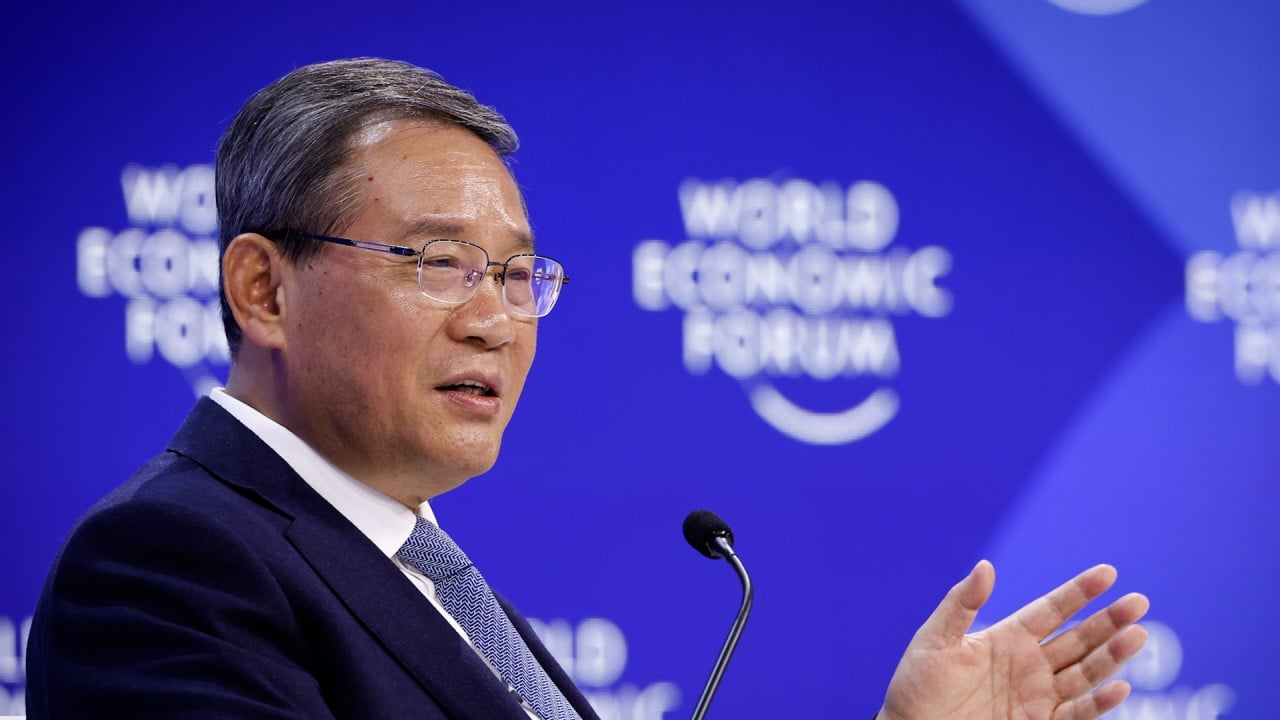
China’s economic growth at risk from societal stagnation, scholar warns of the ‘most significant crisis of our time’
- Lu Dewen, a sociology professor specialising in rural governance at Wuhan University, warns of a trend of superficiality rather than substance
- Analysts say addressing the causes likely requires intervention from the highest levels of leadership amid China’s sluggish economic recovery
China’s economic growth is under risk of being hollowed out by formalism, bureaucracy and a growing sense of resignation from the bottom up, according to a prominent scholar from Wuhan University.
“In various sectors, there is a trend towards superficiality rather than substance, leading to societal stagnation, which constitutes the most significant crisis of our time,” Lu Dewen, a sociology professor specialising in rural governance, said in a WeChat post on Sunday following a recent field trip to rural areas in China.
“Grass-roots governments prioritise reporting to higher authorities rather than addressing real issues.
“Village-level organisations prioritise meeting superior directives over serving the community, and even when they do serve the community, it is often merely to put on a show for higher officials.”
Universities are touting the innovation talent cultivation loudly, but the specific measures often only encourage low-level repetition
He also mentioned that during a reunion with middle school classmates, who are public servants, teachers, doctors, businesspeople and state-owned firm employees, they all expressed concerns over the trends of formalism at work.
The formalism trend has also sullied academia, which is now subject to various metrics and standards, Lu said.
“Universities are touting innovation talent cultivation loudly, but the specific measures often only encourage low-level repetition,” he added in the WeChat post which has since been removed, having been widely reposted.
Factories in industrial estates are generally operating below capacity, with several experiencing a significant decrease in profit margins despite having numerous orders, Lu said.
He added that after witnessing poor domestic demand, some factories have turned to foreign trade with countries involved with China’s Belt and Road Initiative, which could be satisfactory but also filled with uncertainties, in terms of collecting payments.
“In previous years, workers could protest if overtime pay was not issued in full, but now, any resistance prompts factories to immediately pay up and let them go.”
If the economic growth doesn’t return after the ‘two sessions’, and pressure remains high, there might be a shift in policies.
Addressing the causes likely requires intervention from the highest levels of leadership, said Peng Peng, executive chairman of the Guangdong Society of Reform, a think tank connected to the provincial government.
“Currently, the reluctance of officials to take responsibility has fostered a tendency towards neglecting tangible outcomes for symbolic gestures,” Peng said.
“It is imperative to emphasise competence in performance evaluations rather than blindly adhering to political correctness.
“If the economic growth doesn’t return after the ‘two sessions’, and pressure remains high, there might be a shift in policies. Otherwise, persisting on the same path could lead to a bleak and potentially dire outcome.”
The “two sessions”, China’s annual parliamentary meetings, is set to take place from March 5.
Outstanding and often concealed debts have also burdened grass-roots governments, with bureaucracy and political performance seen to be exacerbating the dilemma.
Some lower level governments are struggling to maintain operations, with officials unable to fulfil performance targets, while in some villages, salaries for officials cannot be paid, Lu added.
But despite the lack of funds, villages are still being tasked with onerous and bureaucratic responsibilities.
“The most frustrating aspect for villages is that all tasks prioritise form over substance, and there’s a tendency to unnecessarily complicate matters by adding unnecessary steps to each task,” he added.


